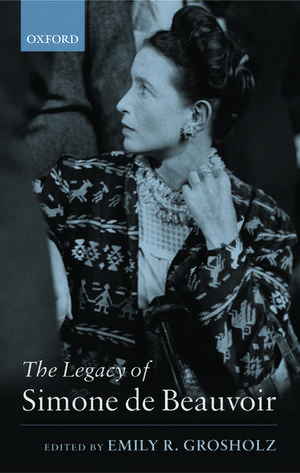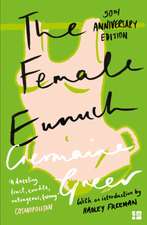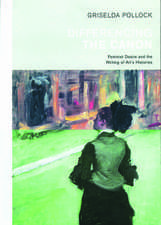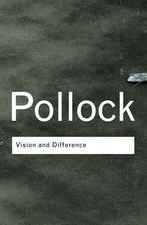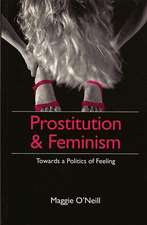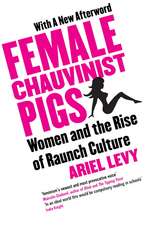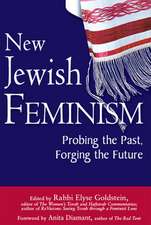The Legacy of Simone de Beauvoir
Editat de Emily R. Grosholzen Limba Engleză Paperback – 9 feb 2006
| Toate formatele și edițiile | Preț | Express |
|---|---|---|
| Paperback (1) | 120.58 lei 31-37 zile | |
| OUP OXFORD – 9 feb 2006 | 120.58 lei 31-37 zile | |
| Hardback (1) | 195.46 lei 31-37 zile | |
| OUP OXFORD – 22 ian 2004 | 195.46 lei 31-37 zile |
Preț: 120.58 lei
Preț vechi: 155.75 lei
-23% Nou
Puncte Express: 181
Preț estimativ în valută:
23.08€ • 25.08$ • 19.40£
23.08€ • 25.08$ • 19.40£
Carte tipărită la comandă
Livrare economică 09-15 aprilie
Preluare comenzi: 021 569.72.76
Specificații
ISBN-13: 9780199265367
ISBN-10: 0199265364
Pagini: 240
Dimensiuni: 138 x 216 x 14 mm
Greutate: 0.3 kg
Editura: OUP OXFORD
Colecția OUP Oxford
Locul publicării:Oxford, United Kingdom
ISBN-10: 0199265364
Pagini: 240
Dimensiuni: 138 x 216 x 14 mm
Greutate: 0.3 kg
Editura: OUP OXFORD
Colecția OUP Oxford
Locul publicării:Oxford, United Kingdom
Recenzii
This volume is a significant contribution to Simone de Beauvoir studies and will surely consitute a reference work in the appraisal of Beauvoir's legacy... Importantly, it encourages us to return to The Second Sex and and consider it afresh, freed from the prejudices that have dulled its impact and blunted Beauvoir's formiddable power as a philosopher
contains a well-balanced range of essays that are both richly personal and critically passionate...Especially for scholars and students reading Beauvoir in English translation, the collection will serve as a convicting reminder of the limitations of the Parshley translation and can seve to expose for students the constructed and fallible nature of the production of the philosophical canon. Indeed, the text should lend itself wonderfully to the classroom, with its threefold emphasis on the historical, literary, and philosophical contexts of The Second Sex.
contains a well-balanced range of essays that are both richly personal and critically passionate...Especially for scholars and students reading Beauvoir in English translation, the collection will serve as a convicting reminder of the limitations of the Parshley translation and can seve to expose for students the constructed and fallible nature of the production of the philosophical canon. Indeed, the text should lend itself wonderfully to the classroom, with its threefold emphasis on the historical, literary, and philosophical contexts of The Second Sex.
